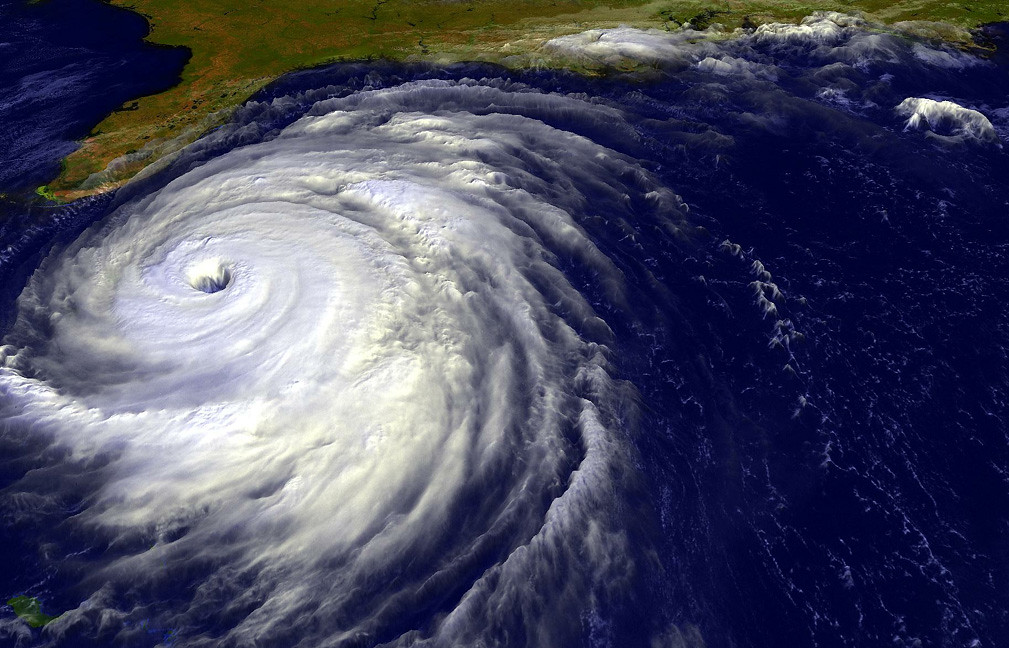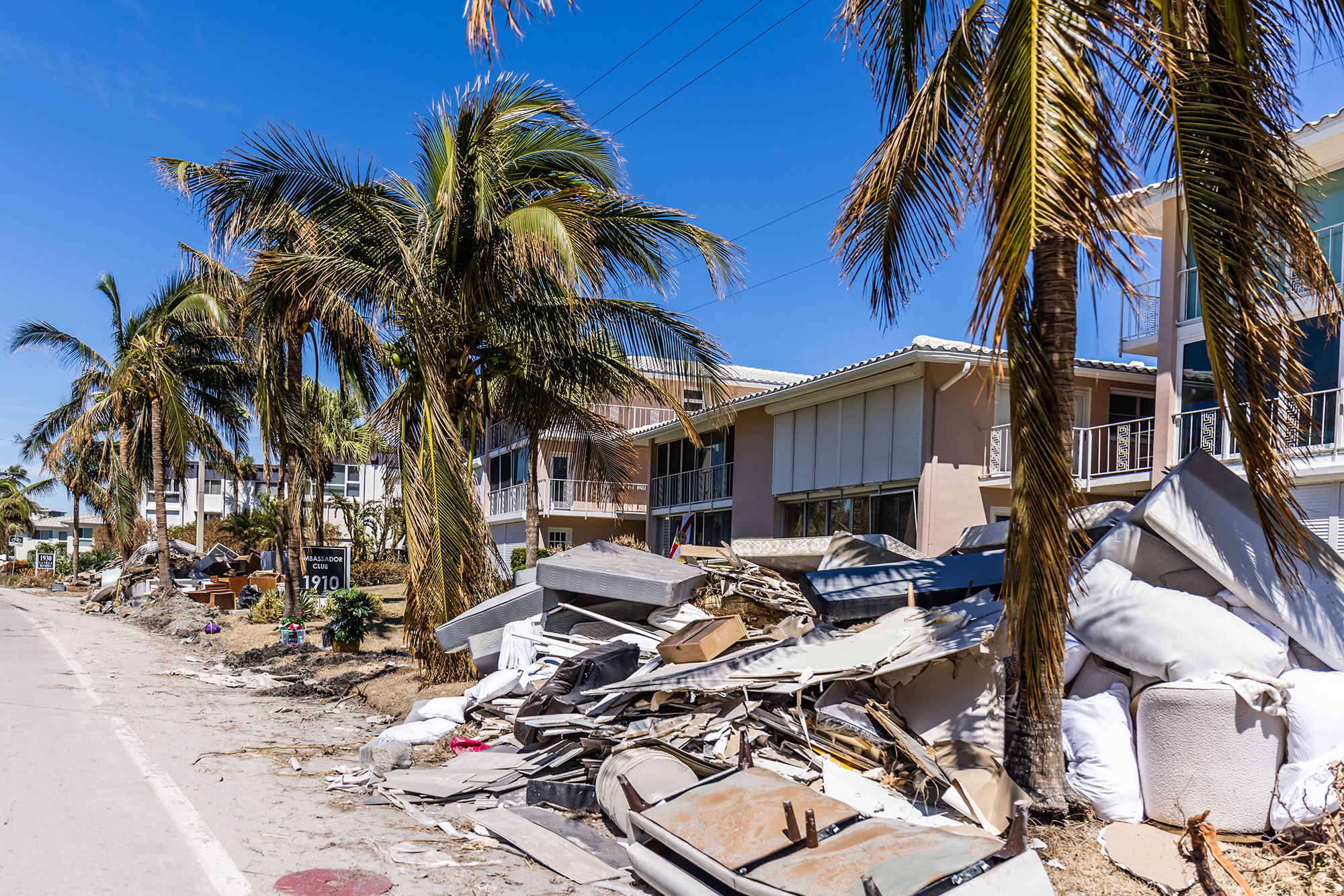When Disaster Strikes, be Prepared!
September 11th 2023
National Preparedness Month, observed every September, emphasizes the significance of proactive preparations for emergencies and disasters. During this month, individuals, families, and communities are urged to ready themselves for a variety of potential events, ranging from natural disasters like hurricanes, earthquakes, floods, wildfires, and tornadoes to human-made disasters such as industrial accidents or cyberattacks. Whether these crises are the result of human error or occur naturally, they can strike unexpectedly, underscoring the importance of preparedness.
As designated by the Federal Emergency Management Agency (FEMA), this year the month-long campaign is emphasizing preparing older adults and the elderly for disaster, “specifically adults from communities that are disproportionally impacted by the all-hazard events, which continue to threaten the nation.”
Since the 2023 Atlantic hurricane season officially began in June, there have been 12 tropical cyclones, all of which became named storms and three of those strengthened into hurricanes, two of which became major hurricanes. Most recently, Hurricane Idalia made landfall in Florida as a high-end Category 3, causing emergency evacuations and up to $4 billion of potential damages. A bizarre occurrence following Idalia’s landfall, Florida flamingos have been found as far north as Pennsylvania.
Meanwhile, days of preparedness ahead of Hurricane Hilary appear to have paid off in Los Angeles with no reported fatalities; although, resulting mud slides trapped residents in their homes and required 46 people be rescued. In California and Hawaii, wildfires created deadly infernos, causing three firefighters to be killed in California and more than 115 fatalities in Hawaii.
As hurricane season continues, Category 5 Hurricane Lee skirts the U.S., and the inevitability of new natural disasters emerge, it’s imperative to equip one of our most vulnerable populations with the proper information to keep them safe.
Why are older adults more vulnerable?
According to the American Red Cross, when a natural disaster threatens, the senior population may experience heightened danger, as they face many more obstacles during an emergency. Limited mobility, specific medical needs, cognitive impairment, and a myriad of other hurdles can also add to heightened distress.
Some elderly struggle without a caregiver’s assistance and may not have the ability to stand for extended periods of time in lines. Those reliant on wheelchairs, a cane, or walkers face the added challenge of being unable to access upper floors when elevators fail due to power outages. Seniors that no longer drive are also unable to evacuate and older adults are more susceptible to extreme temperatures’ adverse effects.
So, how can older adults prepare for disaster?
FEMA and other government agencies are encouraging individuals and families to prepare for disasters before they happen, especially if they live in disaster prone areas, such as Florida or California. This is particularly critical for caretakers or families with somewhat independent older adults. FEMA recommends that families:
- Have ready-to-eat food, water bottles, and batteries for flashlights or a radio in the event that power is lost.
- In addition to a basic emergency supply kit, older adults should have a personalized emergency plan. This plan should detail their evacuation destination, essential items to take (i.e., medications, glasses, hearing aids, oxygen, or assistive devices), transportation arrangements, and emergency contact information.
- If they rely on mobility devices, arrangements for transporting these devices during evacuation should be included.
- Keep a waterproof bag with medication lists, doctor’s information and a backup list of emergency contacts.
- To make disaster planning more manageable, it’s advised to concentrate on the most relevant threats in their region. For example, seniors living in Florida should prioritize hurricane preparedness, while those in the Midwest should focus on collecting supplies for blizzards and floods. Californians should prepare for earthquakes and wildfires.
Additionally, families should protect older adult’s finances by helping them review their insurance policy every year. Make sure their insurance policy covers hurricane-related hazards like flooding and high winds.
In recognition of this year’s National Preparedness Month focus on older adults, Administrator Criswell signed an agreement that formalizes a partnership between FEMA and the Rosalynn Carter Institute for Caregivers. With the combined resources of both, the partnership leverages each’s vast support networks to further support older adults when preparing for disasters.
During this month, we encourage you to ask yourself this question: If a disaster were to happen tomorrow, would you be prepared?
-
June 2nd 2023
Insurers Prepare for Hurricane Season
June officially marks the beginning of Hurricane Season, and the National Oceanic and…
-
August 8th 2023
Three Simple Ways to Provide Support to Your Customers During This Hurricane Season
Earlier this week, a massive storm system brought high winds and thunderstorms across…
-
May 25th 2022
Claims Adjuster Time Techniques
Claims adjusters work for insurance companies, banks, and other firms to evaluate the…


